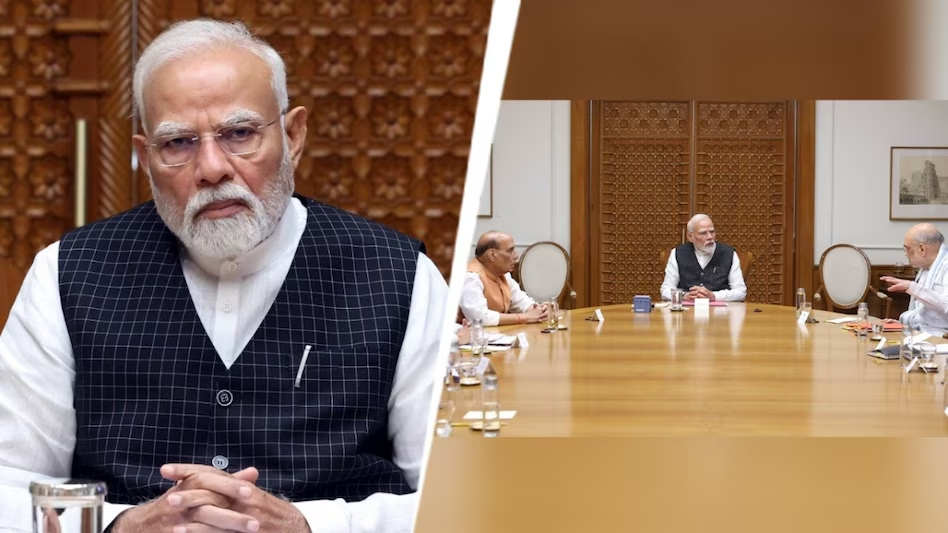In the wake of the deadly terrorist attack in Pahalgam that claimed the lives of 26 people, the Indian government has announced a sweeping set of security and diplomatic measures.
The decisions, which mark a significant recalibration in India’s posture towards Pakistan, were made public following a high-level meeting of the Cabinet Committee on Security (CCS) chaired by Prime Minister Narendra Modi on Wednesday.
Speaking at a press briefing, Foreign Secretary Vikram Misri outlined the key actions taken by the government. At the heart of the announcement is a complete suspension of the SAARC Visa Exemption Scheme (SVES) for Pakistani nationals—a move seen as a firm response to the attack, which Indian authorities have linked to cross-border terrorism.

“Pakistani nationals will not be allowed to travel to India under the SAARC Visa Exemption Scheme. Any SVES visas issued to Pakistani citizens are now cancelled,” Misri stated. “Those currently in India on SVES visas have 48 hours to leave the country.”
READ ALSO: Federal Government Disburses ₦50 Billion to Settle ASUU
The SAARC Visa Exemption Scheme, designed to ease travel within South Asia for dignitaries and professionals—such as judges, lawmakers, journalists, and athletes—has long symbolized regional cooperation. But with trust frayed by continued terrorist threats, that spirit appears to be on pause, at least with Pakistan.
India is also downsizing its diplomatic footprint in Pakistan, and vice versa. Military, naval, and air advisors posted at the Pakistani High Commission in New Delhi have been declared “Persona Non Grata” and must leave India within one week.

In a reciprocal move, India will withdraw its service advisors from its High Commission in Islamabad, along with five support staff members. Furthermore, both High Commissions will be required to reduce their total staff strength to 30, down from the current 55, by May 1.
READ ALSO: EU Fines Apple and Meta €700 Million
In another dramatic step, the Indus Waters Treaty of 1960—a long-standing water-sharing agreement between India and Pakistan—is being suspended. This suspension will remain in place until Pakistan “credibly and irrevocably” ends support for cross-border terrorism, Misri confirmed.
The Integrated Check Post (ICP) at Attari, a crucial point of entry between the two nations, will also be shut down immediately. However, those who have crossed over legally have until May 1 to return via the same route.

Foreign Secretary Misri noted that these decisions come at a time when India has not only successfully conducted elections in Jammu and Kashmir but is also seeing steady progress in economic development across the Union Territory. He emphasized that the attack appears to be a reaction to this democratic and developmental momentum.
The CCS, he said, also appreciated the strong international expressions of support and solidarity following the Pahalgam tragedy—highlighting a growing global consensus of “zero tolerance” towards terrorism.
The announcements mark a sharp turning point in India-Pakistan relations, particularly in the realm of diplomacy, water cooperation, and regional mobility under SAARC frameworks.

While the immediate catalyst is the tragic loss of lives in Pahalgam, the broader message is clear: India will not continue business as usual with a country it holds accountable for fostering instability and violence across its borders.
This decisive stance may come with consequences—but for now, the Indian government appears ready to bear them in defense of national security, sovereignty, and peace at home.
Discover more from Scoop Hub
Subscribe to get the latest posts sent to your email.

